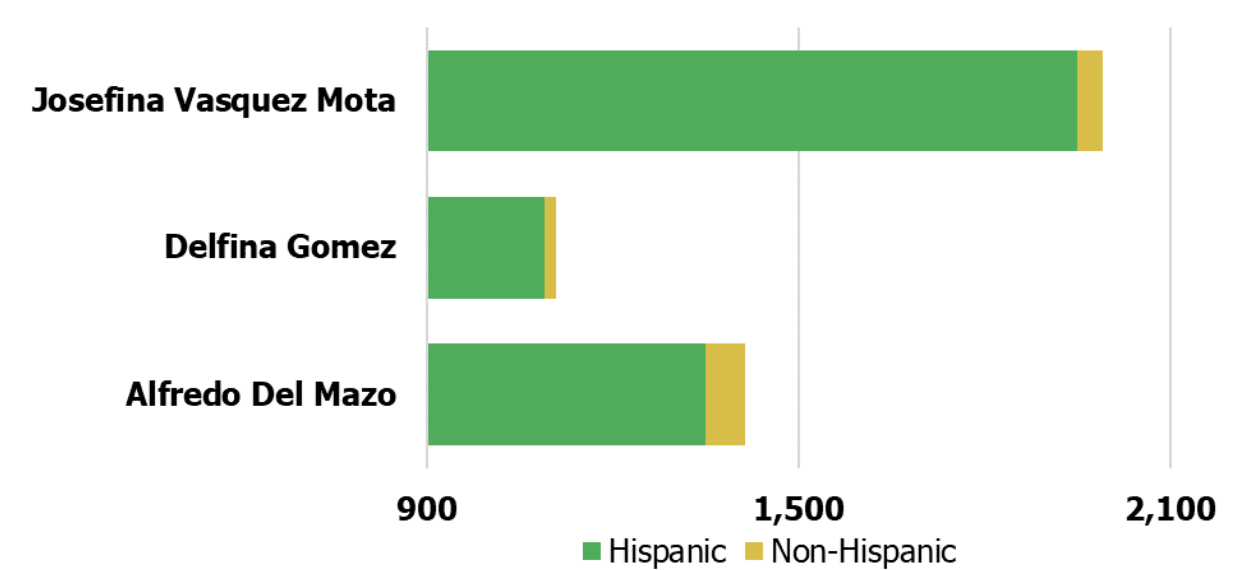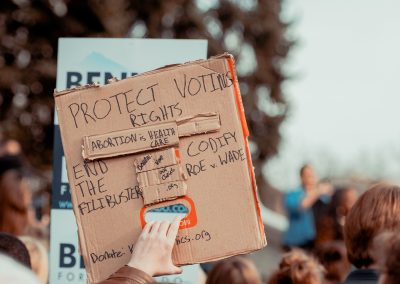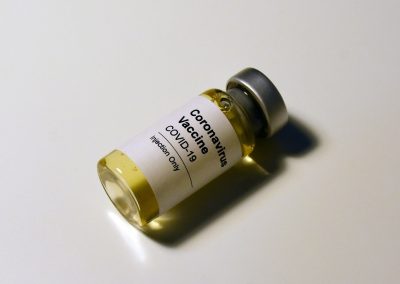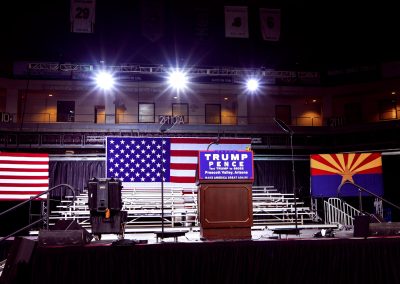Diverse Voters
Multicultural Political Research
INQUIRE NOW
Multiply your Marketing reach!
Diverse Voters – Multicultural Political Research
The growing influence of U.S. Diverse Voters
We live in a new political climate. How does the nation, and the fastest-growing ethnic groups deal with these changes? O.Y.E.’s analysis is designed to provide deep insights into what diverse groups say in everyday online conversations. Keep reading to learn more about multicultural voters.
CASE STUDY
State of Mexico | Gubernatorial Race
The Challenge
During the most recent state of Mexico gubernatorial elections, O.Y.E. collected real-time data across different social media forums about top candidates. The goal was to provide insights into which candidate was an early favorite and which types of campaigns resonated most among Mexican voters.
Our Approach
O.Y.E. analyzed conversations within the state of Mexico to determine early statistics for official candidates: Alfredo del Mazo, Josefina Vázquez Mota, and Delfina Gómez.
This analysis was extrapolated from a sample of 4,515 conversations on Twitter and Instagram of which 4,391 were from verified Hispanics.
RESULTS
When monitoring social media forums for the topics regarding the state of Mexico politics including Instagram and Twitter, Vasquez Mota had the highest proportion of absolute mentions at 44% total. She was followed by candidate Del Mazo who had a proportion of 31%.
A high percentage of males were actively sharing conversations about state of Mexico politics. Hispanic males mentioned Del Mazo (69%) by a large margin over females (31%). Surprisingly, males were leading the overall conversation regarding Gomez (85%) over females (15%). Vasquez Mota saw the strongest engagement from the female audience (44%).
Del Mazo, the eventual campaign winner, had the strongest positive sentiment (55%), followed by Vazquez Mota with a slightly smaller margin (54%). Gomez led negative sentiment (10%), however, closer review shows that many of these posts included negative language not directed towards the candidate herself, but to her competitors. These posts typically included a popular hashtag among Gomez’s followers, #UnidosconDelfina.

Industry Reports & Analysis
We have learned much from the 550 million public conversations the O.Y.E. algorithm has processed. Find out what we can do for you.






